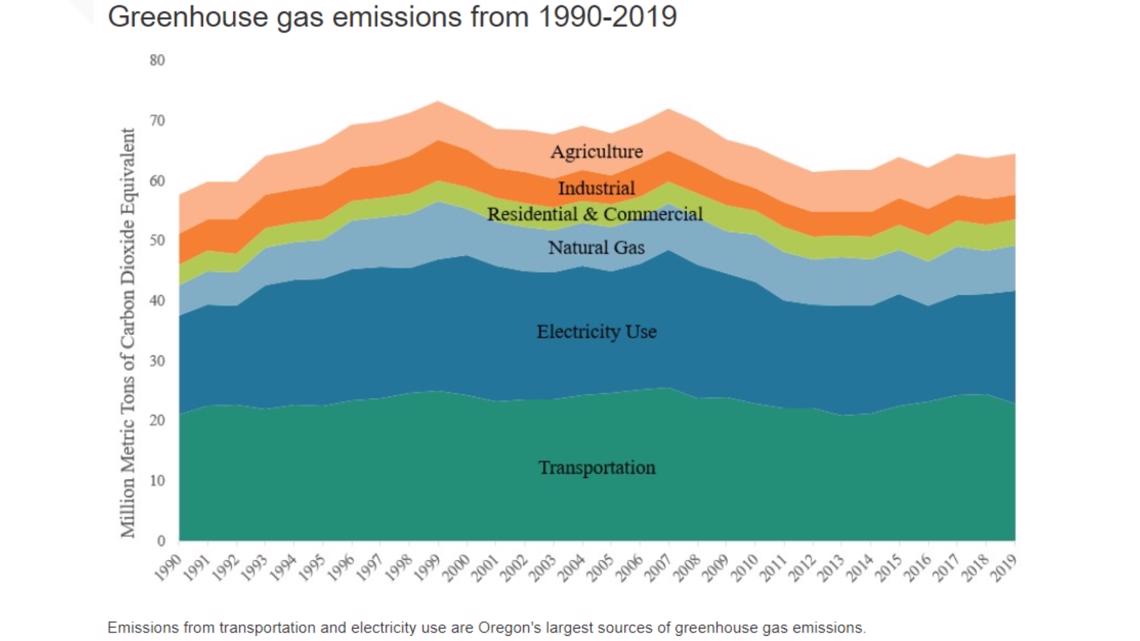SALEM, Ore. — There’s one thing you won’t notice when Peter Regelous fires up school bus no. 427 in Salem: any noise at all.
The bus is one of 18 electric school buses partially funded by grants from Portland General Electric over the last three years. Regelous, a school bus driver for the Salem/Keizer School District for the last 14 years, said the new bus has some clear advantages to its traditional gas counterparts.
“The fact that, if it’s a cold day, it doesn’t have to warm up,” Regelous told KGW. “It’s quiet and smooth."
But the benefits of the electric bus go far beyond the driving experience.
“You're driving the bus and you feel that it's all clean,” Regelous said. “You’re not putting anything out into the air. It's a weird feeling because I'd never driven an electric bus before, but you know that there’s no pollution coming out of this machine.”
OTHER STORIES: Portland breaks record for number of days of 80-degree heat in October; likely to set more records this week
As the state pushes toward ambitious climate goals – seeking to cut carbon dioxide emissions nearly in half by 2035 and by 80% by 2050 – electric vehicles like the bus in Salem will play a crucial role.
Greenhouse gas emissions from transportation account for roughly 40% of the state’s carbon dioxide output, according to the Oregon Department of Environmental Quality. While some other sectors, like housing and agriculture, have seen modest declines in overall emissions over the last 15 years, emissions from vehicles have remained stubbornly flat.


Part of the state’s plan to cut emissions is to completely decarbonize electricity production by 2040, as mandated in House Bill 2021, signed into law by Gov. Kate Brown last year. Once the grid is producing fully renewable electricity, electric vehicles will play a key role in cutting emissions, said Maria Pope, President and CEO of Portland General Electric.
“Electrifying transportation is a key driver of reducing greenhouse gas emissions and an important step toward reaching our goal of 100% clean energy for all Oregonians,” she said in a statement. “Transitioning to all-electric school buses ensures that children and communities benefit.”
Portland General Electric’s grant program pays for the difference between a traditional bus that runs on fossil fuels and the new electric version – the old buses run about $100,000 and an electric bus costs just over $250,000. The program also pays for installation of charging infrastructure and technical assistance for maintenance staff and drivers.
Since 2020, the utility has funded the purchase of new buses for school districts in Beaverton, Reynolds, Portland, Gresham-Barlow and Tigard-Tualatin. Salem-Keizer has one bus in its fleet, two more on the way and the district has applied for a federal grant that would provide another 17 electric buses to the district in the coming years.
For Regelous, each time he pulls out of the lot, it’s a reminder that he’s helping move the state toward a lower-carbon future.
“It is a fun vehicle to drive and it's nice to know that you’re just not polluting the air,” he said. “It's nice, it just feels fresh and clean.”

